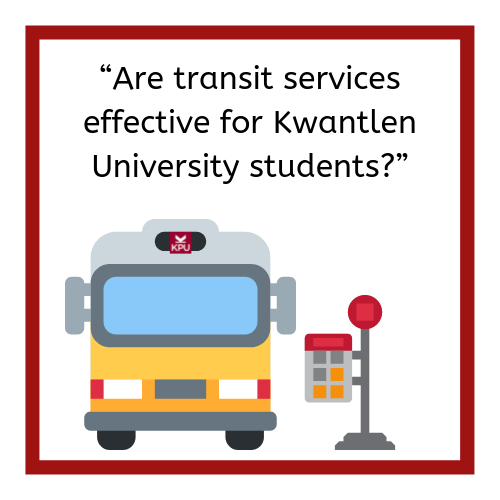14 Planning Your Writing – Incorporating Evidence
In the previous section, we reviewed quoting, paraphrasing, and summarizing. Academic writing uses quoting, paraphrasing, and summarizing, together with your own word and ideas to communicate your perspectives.
One way to think about incorporating evidence is to imagine that the person reading your writing visits a bakery to pick up a pie. Your reader is expecting something like this:

As a writer, your reader expects you to combine and incorporate all of the ingredients in the proper order. If your reader is expecting a well-made apple pie, but you don’t combine the ingredients, like the picture below, the reader might not be sure what to do with them.

Even if you have good ingredients, you need to blend them together! When you are working on a writing assignment, even if you identify good evidence to support your thesis, you need to organize and incorporate that evidence and supporting material with your own ideas and your own writing.
So, how can evidence be incorporated with your own ideas and your own writing?
There are three basic elements to keep in mind when incorporating evidence:[1]
Effectively using evidence is not just about properly documenting your evidence, but also where and how you incorporate evidence into your writing, and how you explain its significance to your argument.
To effectively show the reader how evidence supports your claims, use a well-organized
paragraph structure in combination with language signals. Language signals such as “for example,” “therefore,” and “in contrast,” for instance, help make connections and transitions between ideas more clear to the reader.
Use this basic pattern as a guide to incorporate evidence into your paragraph:
1) State your claim, and define any terms that may not be known to your reader
2) Provide evidence that supports your claim
3) Comment on how the evidence supports your claim
The third element is where you clearly explain the connection between your claim and the evidence to the reader. Do not assume the reader automatically understands the connections between your ideas—you must explain them!
Using our example of a writing assignment that asks us to discuss effective transit options for KPU students, we can now do the following:

State your claim, and define any terms that may not be known to your reader
While Surrey has one of the largest populations in Metro Vancouver, the “federation of 21 municipalities, one Electoral Area and one Treaty First Nation” in southwest British Columbia (Metro Vancouver, 2019, para. 1), it is under served by public transit. Surrey’s current Skytrain service, in particular, does not support the transportation needs of Kwantlen students or the city’s residents.
- In the paragraph above we have:
- Defined a key term – “Metro Vancouver”
- Incorporated a quotation from a source into our sentences
Provide evidence that supports your claim
Skytrain service extended to Surrey following Vancouver’s hosting of Expo ’86 and by 1994, the ‘Expo Line’ included 20 stations stretching from Downtown Vancouver to Surrey’s King George Station – one of fours Skytrain stations in Surrey (Translink, n.d.). The City of Surrey website notes that the city “has had an average annual growth rate of 2% over the last 10 years” (City of Surrey, n.d.). By 2021, an estimated 600,000 people will call Surrey, but Skytrain service is not scheduled to expand.
- In the paragraph above, we have:
- Used specific evidence related to our claim
- Incorporated evidence into our sentences using quotation and paraphrase
Comment on how the evidence supports your claim
The lack of Skytrain stations in Surrey, and with no current plans to build more, means that both Surrey residents and Kwantlen students will struggle with reliable transportation. Because of this growing population base, more and more Surrey residents will make use of transit. Regardless of where students attending Kwantlen’s Surrey campus live, this growing population will create more overcrowding on existing transit lines.
- In the paragraph above, we have:
- Explained why evidence matters – see where we have used “means” and “because”
- From "Integrating Evidence into Your Writing" by University of Northern British Columbia Academic Success Centre ↵

